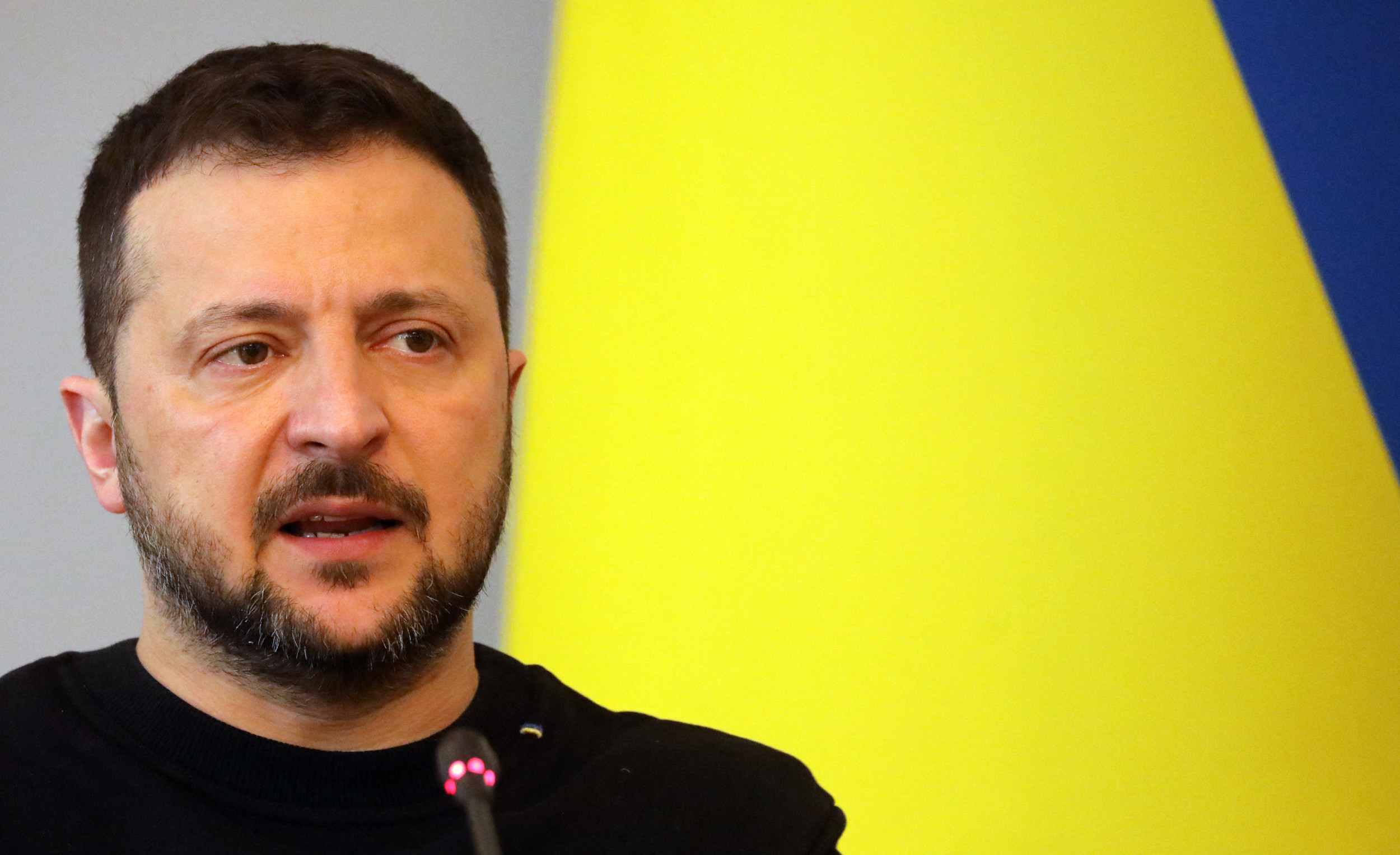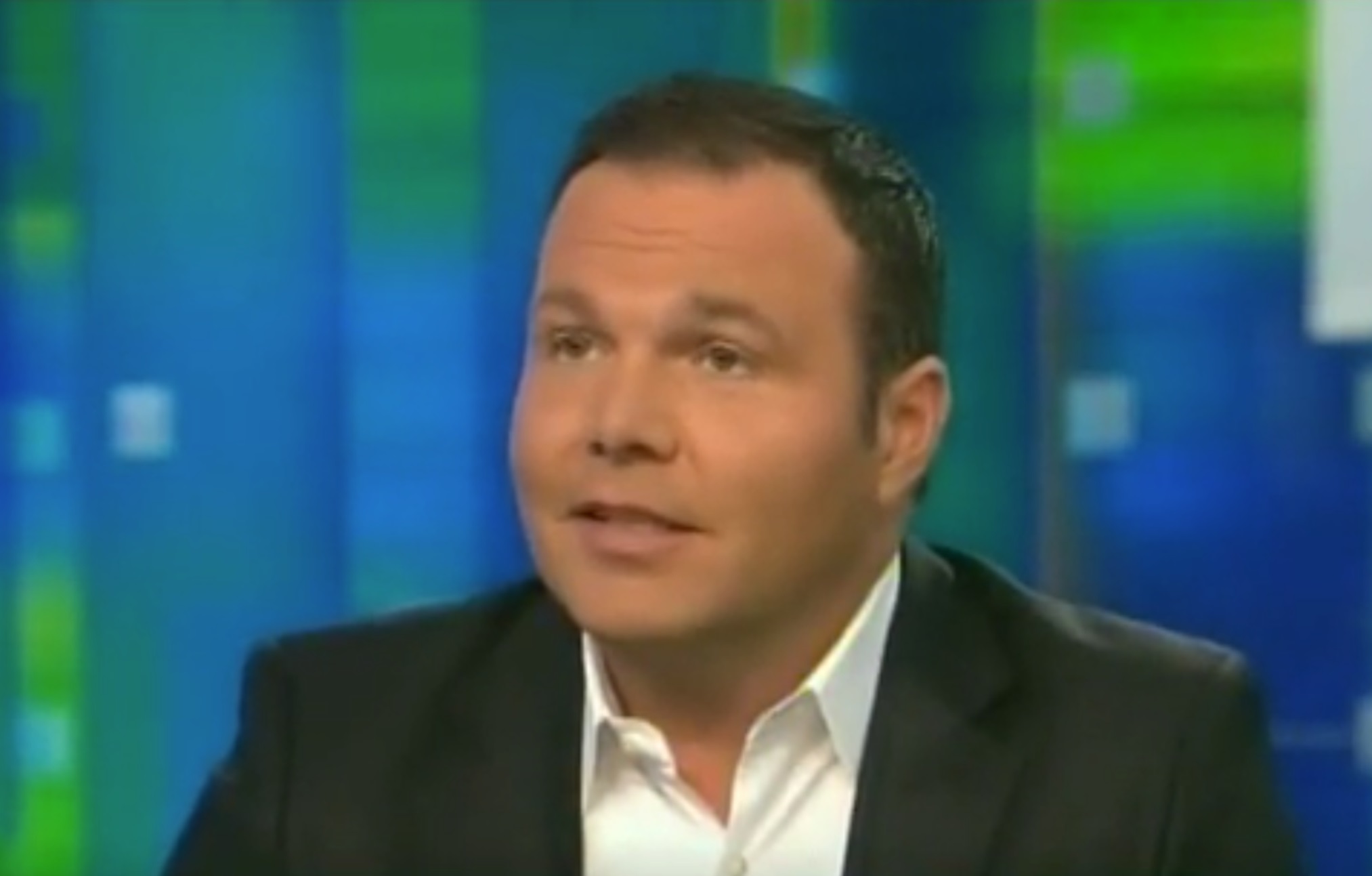Sarah Palin strode onto the stage, cheeky from the start. "Can I call you Joe?" The normally voluble Joe Biden seemed restrained by comparison as Palin made her play for the working-class, Joe Sixpack voters that have been his bread and butter as a politician. She's short on facts, but she has command of phrases ("We're mavericks!") and she strings them together with good effect. Biden looked on with a mixture of awe and horror as she did her every-woman show, winking at the camera, celebrating hockey moms and giving a shout-out to her brother's third-grade class.
She succeeded in quieting calls from worried Republicans that she should get off the ticket, that she had become an embarrassment after interviews with CBS anchor Katie Couric revealed her shallow grasp of national issues. Polls taken immediately after the debate showed Palin did little to improve her standing as someone ready to be president, but she is expert at tapping into the attitudes and resentments of small town America—even if when you listen to what she says, it's mostly gibberish when it comes to actual plans and policies.
Politics is a team sport, and if you have an R on your jacket, you give Sarah Palin the benefit of the doubt, maybe even heralding her as the next Ronald Reagan, raw talent that the fancy-pants scribes from the East Coast media centers underestimate. But if you're a conservative columnist who feels a responsibility to convey the truth as opposed to partisan cheerleading, the last few weeks have been tough. Writing for the National Review online, Kathleen Parker called on Palin to bow out of the race to save John McCain, her party, and her country. By Thursday, the day of the debate, Parker had received more than eleven thousand messages on her Blackberry. They're pretty evenly divided between newfound admirers on the left and hate mail from the right, but with a lot of conservatives thanking her for speaking the truth. "That's my consolation prize," she told me.
Parker was among those attending a Pew Forum discussion in Washington on whether the culture war will matter in November. Todd Gitlin, a professor of journalism and sociology at Columbia University, speaking from the progressive side, said the culture war always matters, but that it may not be decisive, with economic issues making it harder for Republicans to get traction on lampooning Obama as an elitist, in the way they turned John Kerry into a windsurfing Frenchman. Gitlin described the presidential election as a "quadrennial plebiscite of who we are," with Americans casting their vote for the candidate that best embodies who we are as a nation.
Nobody wants to be an elitist. In politics, it's a deadly label. What we saw in Thursday night's debate were two competing strains of populism. Biden, the Irish-Catholic kid from Scranton, represents Main Street populism, the people against the powerful, anti-corporatism, little guy kitchen-table values. Palin is wooing the same working-class constituency that could decide the election in battleground states like Ohio and Pennsylvania with her pro-gun, family and religious down-to-earth values.
Even though McCain comes from a military aristocracy and married an heiress and Obama's family was on food stamps for a time, Republicans can still make the elitist label stick on Obama, says Yuval Levin with the Ethics and Public Policy Center, speaking from the perspective of the right. "Economic populism almost never triumphs," he said. "It's easier to resent intellectual arrogance than economic success." Obama walked into it with his comments about small-town Americans clinging to their guns and religion along with his comment that he was "embarrassed" that Americans didn't speak more languages.
Obama almost lost the primaries when Hillary Clinton discovered his elitism and turned herself into a beer-chugging Rosie the Riveter. The cultural arsenal is about all McCain has left against Obama, and Levin predicted the last weeks of the campaign could look like the last months of the primaries with McCain highlighting Obama's elitism. It's about character and presentation, Levin continued, and while Obama's mother may have been on food stamps, it was while she was a graduate student studying for a degree in anthropology. Gitlin came back hard, saying we should be embarrassed that we don't know more languages, and that there is a difference between being an elite, which Obama is and has earned by virtue of his intellect and accomplishments, and being an elitist, which he is not.
Whatever else Palin does in this race, she has ignited the culture war. Sally Quinn, founder of The Washington Post's and NEWSWEEK's "On Faith" blog, reminded readers that in a Pew poll before Palin was picked, a majority of evangelicals and Republicans disapproved of mothers with young children working. Among the storm of protest her column generated was one respondent who said children with Down syndrome don't require that much care because they don't walk until they're two-and-a half. Quinn found the reasoning absurd, but Gitlin told her that people make allowances in politics for those kinds of discrepancies. The issues may have been turned on their head, but the culture war continues.
Uncommon Knowledge
Newsweek is committed to challenging conventional wisdom and finding connections in the search for common ground.
Newsweek is committed to challenging conventional wisdom and finding connections in the search for common ground.
About the writer
To read how Newsweek uses AI as a newsroom tool, Click here.








